| “[W]hen young women of respectable situation, either tolerate or applaud vice, the wretched morals of the age are fixed beyond redemption.” -- Mr. Delamere, in a typical prosing mood, in Cecily Fitz-Owen |
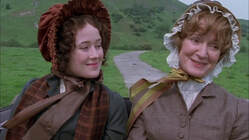 A kindly advisor
A kindly advisor Another comparison to consider-- are there any intelligent, older people who give excellent advice and admonition to any of our Austen heroines? Mrs. Gardiner comes to mind as playing a small role in that way, but apart from that, I can't think of anything in Austen that's comparable. Leaving out love interest mentors, like Mr. Knightley, that is.
With so many digressions, the author has not left much room to devote to Cecily. I’m going to skip over the digressions, the “Sketch of Modern Manners” part, and focus on Cecily Fitz-Owen for now, then get back to the digressions, because they are of social interest.
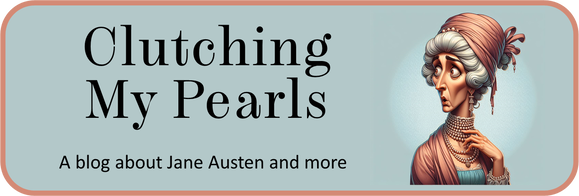
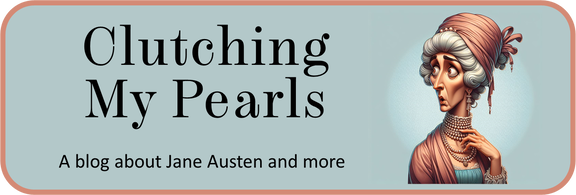
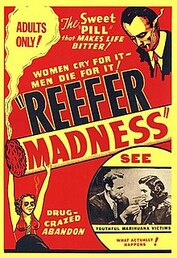
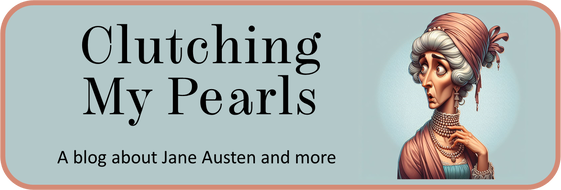
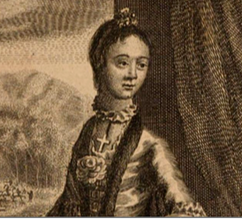
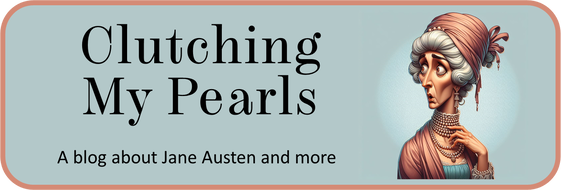
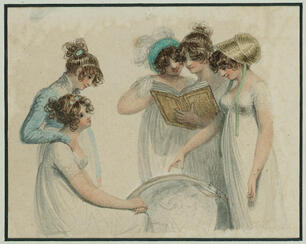
 RSS Feed
RSS Feed